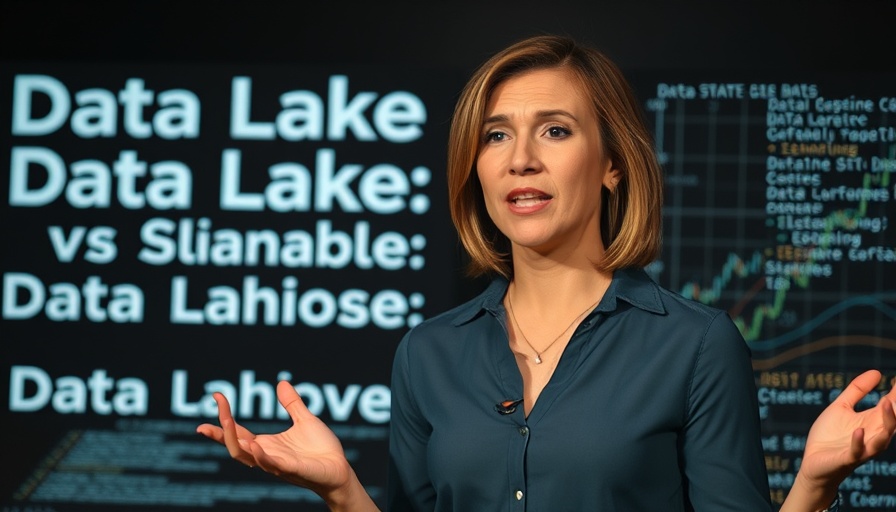
The Future of AI Policy: A New Action Plan
The White House has recently introduced its much-anticipated AI Action Plan, a comprehensive strategy aimed at navigating the complexities of artificial intelligence's future. This plan is not just another bureaucratic document; it serves as a foundational framework anticipating changes in AI policy and governance. As we witness the rapid evolution of AI technologies, it is imperative for lawmakers, educators, and business owners, particularly in emerging markets like Africa, to grasp the implications of such developments.
In 'AI Action Plan, ChatGPT agents and DeepMind at IMO', the discussion dives into the implications of AI governance, exploring key insights that sparked deeper analysis on our end.
Why Today’s AI Action Plan Matters
The plan outlines three critical pillars designed to shape the future of AI in America and potentially across the globe: accelerating AI innovation, strengthening American AI infrastructure, and establishing international AI diplomacy. More importantly, it resonates with the global community's need for a collaborative approach towards AI governance. For African business owners and educators, engaging with this strategy is vital as it sets the stage for policies that could foster or hinder technological advancement in their regions.
Evaluating the Importance of the International Math Olympiad (IMO)
A major highlight of the discussion in the latest episode of Mixture of Experts revolved around the International Math Olympiad (IMO), which serves as a benchmark for mathematical prowess worldwide. Companies like DeepMind and OpenAI have showcased their AI models’ gold-standard performance in this highly regarded competition. This achievement is significant as it illustrates AI's growing capability to tackle complex problems traditionally dominated by human intellect. It opens up discussions on how AI integration in education can redefine learning paradigms in Africa, where the demand for STEM education is increasing.
AI Agents: Transforming User Experience
With the release of OpenAI’s ChatGPT agent, a wave of enthusiasm suggests that user interactions with AI are evolving. The asynchronous workflow allows users to delegate tasks to the AI while it works independently—essentially changing the narrative of how humans interface with technology. For educators and tech enthusiasts in Africa, understanding these advancements can spark curiosity and innovation in their teaching methods or product development.
Incorporating Local Perspectives in AI Development
The evolution of AI applications emphasizes the importance of local experts who understand the cultural context of their users. As AI technologies develop, it is crucial for African stakeholders to engage in discussions about AI policy and its implementation within their communities. This is especially pertinent given the recent interest in international AI diplomacy. The sharing of resources and knowledge among nations could lead to a more equitable technological landscape.
Navigating Challenges Ahead: What to Expect
The AI Action Plan does not merely identify paths forward but also shines a light on potential challenges. For instance, the costs associated with developing robust AI applications can be daunting. African entrepreneurs must be proactive in establishing partnerships and collaborations to bridge these gaps. Understanding the regulatory landscape, as outlined in the White House plan, can empower local businesses to advocate for favorable policies that foster growth rather than constraints.
Conclusion: A Call to Action for African Innovators
As African business owners and educators look ahead, it is essential to stay informed about developments like the AI Action Plan. By engaging with global discussions surrounding AI policy, recognizing opportunities, and developing innovative solutions tailored to their unique challenges, they can not only stay competitive but also lead the charge in AI advancements across the continent. Investing in AI education and technology adoption is not merely beneficial; it is a necessity in navigating the global landscape ahead.
 Add Row
Add Row  Add
Add 




Write A Comment